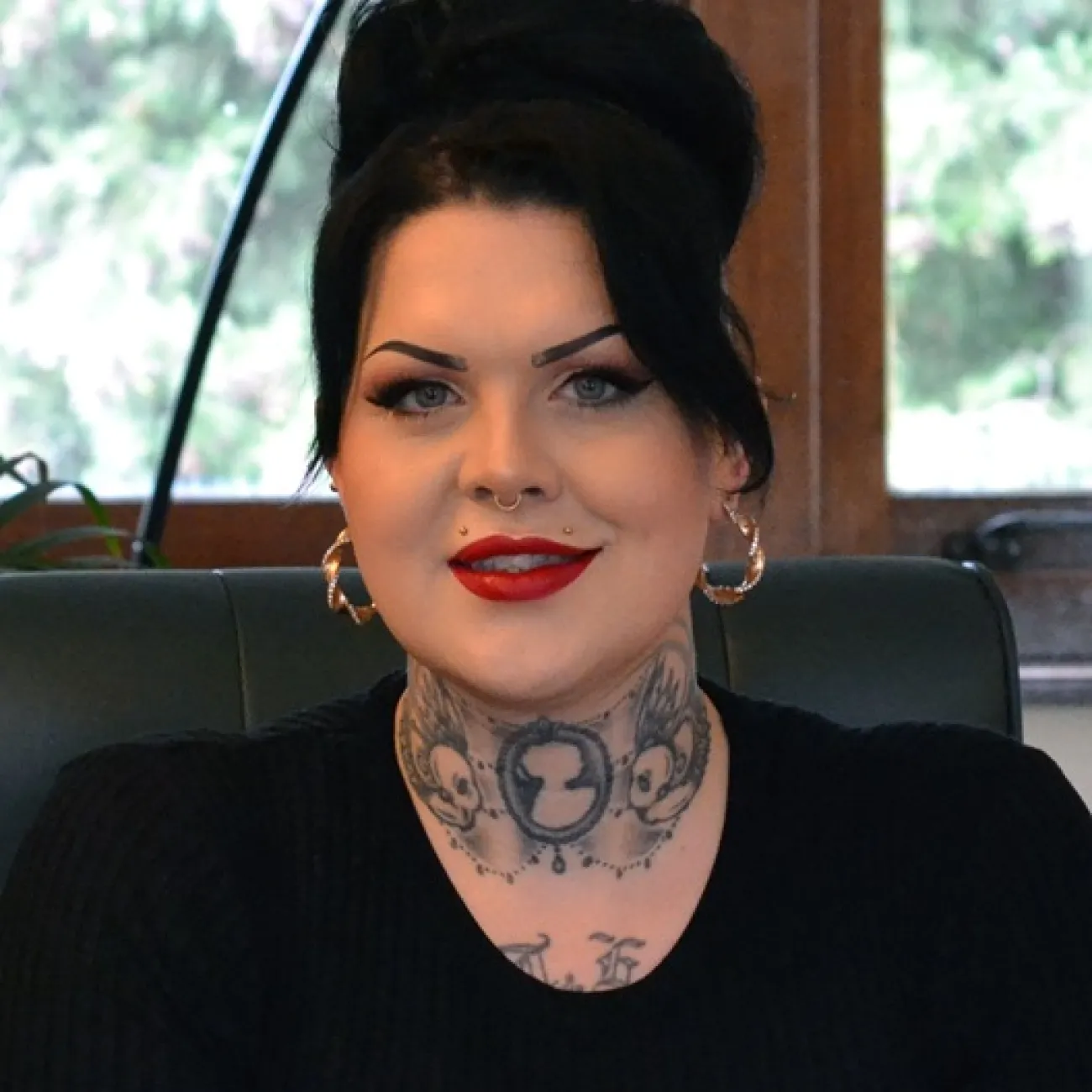About
I am Associate Professor of Digital Culture and Deputy Director of Digital Humanities at the University of Southampton. I am also the Co-Director for the Southampton Institute for Arts and Humanities (SIAH).
Broadly speaking, my research focuses on explaining and critiquing the cognitive and discursive processes that underpin how we interpret our lived experience, influence how we position ourselves in relationship to one other, and structure the way we go on in the world. Whilst my primary disciplinary training is in linguistics, my work is more comfortably situated at its interdisciplinary intersections of digital media, sociology and gender/sexuality studies. Through my work, I pursue a critical agenda for deconstructing social inequities, envisioning futures for human flourishing, and considering feasible ways of co-creating those futures. For the most part, my expertise has been predicated on critiquing the mediatisation of transgender politics and the politicisation of transgender recognition. Beyond this, I have worked on the development and application of novel methods for corpus-driven linguistics, media, and psychology research. Most recently, I have developed interdisciplinary projects that engage critical arts, humanities, and social science thinking with technological advancements for the design of enhanced futures.
I hold several editorial positions, including:
- Joint Editor-in-Chief of Gender and Language (University of Toronto Press)
- Associate Editor of Cambridge Elements in Cognitive Linguistics (Cambridge University Press)
- Series Editor for Data and Research Literacy (SAGE Research Methods)
- Series Editor for Diversifying and Decolonizing Research (SAGE Research Methods)
- Series Editor for Doing Research Online (SAGE Research Methods)
I am also a member of the UKRI Talent Peer Review College; the Economic and Social Research Council (ESRC) Peer Review College; and the Arts and Humanities Research Council (AHRC) Peer Review College. Across grant applications, journals, and monographs, my peer review and editorial experience and expertise spans computer science, cultural studies, economics, gender/sexuality studies, linguistics, literary studies, media studies, neuroscience, psychology, political science, and sociology.
I am recognised as a Senior Fellow of the Higher Education Academy (Advance HE), currently mentoring colleagues applying for Descriptors 1-3, and contribute to the University's assessment of applications via the Professional Recognition of Educator Practice (PREP) programme.
You can update this in Pure (opens in a new tab). Select ‘Edit profile’. Under the heading and then ‘Curriculum and research description’, select ‘Add profile information’. In the dropdown menu, select - ‘About’.
Write about yourself in the third person. Aim for 100 to 150 words covering the main points about who you are and what you currently do. Clear, simple language is best. You can include specialist or technical terms.
You’ll be able to add details about your research, publications, career and academic history to other sections of your staff profile.
